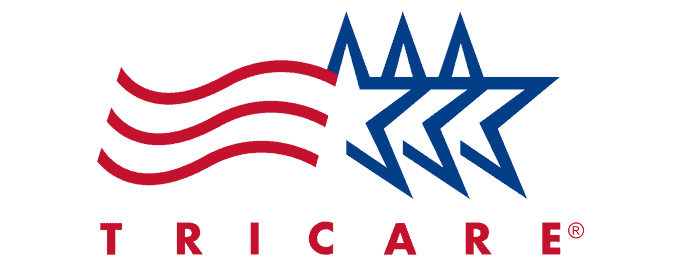
Cultivate’s mental health programs offer quality counseling and mental health therapy services to adults, children and families. Our team of experienced therapists use evidenced-based treatment modalities to help you and your family identify problem areas, set treatment goals and achieve a greater quality of life.
All our Behavioral Health Professionals are individuals who are state-licensed to provide clinical services. Therapists have a master’s level degree or higher; many with certifications in specialized areas, including, Cognitive Behavioral Therapy, Trauma Focused-Cognitive Behavioral Therapy, Substance Abuse and Addiction Treatments, and Marriage and Family Therapy.










This is the first step in the assessment and introduction stage, during which we set the foundation for our therapeutic work. During this stage, the therapist gathers information about the client’s life and builds rapport with them. This is the beginning of the treatment journey and allows the clinician to establish a sense of your experience, discussing what brought you to therapy, what you would like to achieve from it, and how we can support it.


This is where the plan will be put into action. This may include talk therapy (or processing), skills development, journaling/exploration activities outside of session, additional psychoeducation, referrals to other services, and more. Your therapist will work with you on a regular schedule (meeting for sessions weekly, bi-weekly).
Therapy begins with the end in mind, or what we refer to as discharge. When you and your therapist have identified that the work it takes to meet your goals have been completed and positive changes are demonstrated, you will be ready to transition from regular therapy sessions!
Cognitive Behavioral Therapy (CBT) is a form of psychotherapy that many of our practitioners advocate and use. It focuses on identifying and changing negative thought patterns and behaviors and is based on the idea that our thoughts, feelings, and behaviors are interconnected.
Using CBT, individuals would practice changing thought and behaviors, which will ultimately influence emotions and overall well-being in a positive way. CBT emphasizes the idea that the way we interpret situations influences how we feel and act and that negative or distorted thoughts can lead to negative emotions and unhealthy behaviors. By changing our thoughts patterns (often called “cognitive distortions”), individuals can alter their emotional responses and behaviors.
In addition to modifying behaviors that contribute to mental health issues, CBT also helps individuals develop practical skills for managing stress, anxiety, depression, and other challenges.



